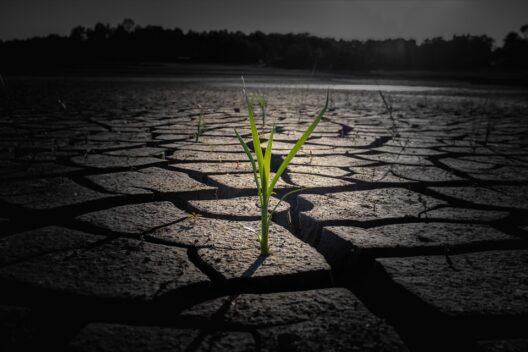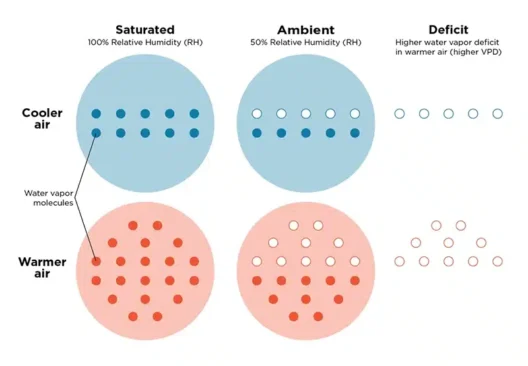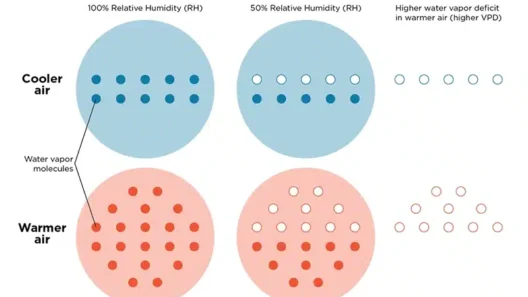Climate change is an inescapable reality that poses significant risks not just to the environment but also to socio-economic structures worldwide. When discussing the ramifications of global warming, it is crucial to consider the concept of climate inequality—an unsettling disparity that reveals how certain countries are disproportionately burdened by the effects of climate change. Wealthier nations, despite their historical contributions to greenhouse gas emissions, often have the resources to implement adaptive measures. In contrast, developing nations bear the brunt of climate degradation with minimal resources to mitigate its impacts.
In many ways, climate change is a multiplier of existing inequalities. The countries most vulnerable to environmental catastrophes are typically those with the least capacity to respond to such challenges. These nations often grapple with entrenched poverty, political instability, and limited infrastructural development. Consequently, the consequences of climate change—be it rising sea levels, extreme weather events, or food insecurity—serve to exacerbate existing disparities and hinder any efforts toward sustainable development.
One key aspect of climate inequality lies in geographical disparities. Low-lying island nations, such as the Maldives and Tuvalu, are on the front lines of climate change. These countries face existential threats from rising sea levels, which not only erodes their territorial integrity but also endangers freshwater supplies and arable land. In contrast, wealthier nations are often located in regions less susceptible to such extreme phenomena. The ongoing plight of the inhabitants of these islands encapsulates the broader narrative of climate inequality—a poignant reminder of the dire consequences faced by those with the least fault for the current climate crisis.
Furthermore, climate change does not operate in isolation; it interacts with a plethora of socio-economic factors. For instance, in sub-Saharan Africa, recurrent droughts and flooding events have wreaked havoc on agricultural productivity, driving up food prices and increasing hunger. The World Food Programme has repeatedly identified climate change as a critical factor exacerbating food insecurity in this region. Meanwhile, countries with robust agricultural sectors and technological investments in climate-resilient crops can fare better, thus illustrating how inequality becomes entrenched via the cascading effects of climate change.
The socio-economic impacts extend beyond food security. Health outcomes do not escape the clutches of climate inequality either. Vulnerable populations in low-income countries are often ill-equipped to deal with climate-induced health issues, such as heat stress, malnutrition, and vector-borne diseases like malaria and dengue fever. Lack of access to clean water and healthcare services compounds these health threats, further disadvantaging these communities and underscoring the broader implications of climate change on public health.
Finance plays a critical role in the conversation surrounding climate inequality. Developed nations have historically emitted far more greenhouse gases than developing nations. However, it is the latter that face the most debilitating consequences of climate disruptions. The Green Climate Fund, established to assist developing countries in climate mitigation and adaptation efforts, highlights the recognition of these disparities on a global scale. Despite this, financing remains insufficient, often mired in bureaucratic delays and ineffectiveness, causing frustration among nations striving to address their climate vulnerabilities.
International institutions and agreements, such as the Paris Agreement, offer frameworks aimed at uniting countries in the fight against climate change. However, critics argue that these frameworks often do not address the profound inequalities that underlie the climate crisis. Instead, they tend to focus on uniform targets that do not account for individual countries’ responsibilities and capabilities, unintentionally perpetuating the status quo that leaves the most vulnerable populations at risk.
Transitioning to renewable energy presents a potential pathway to alleviate climate inequality, yet it must be approached carefully. While wealthier countries can rapidly adopt new technologies and shift towards sustainable practices, many developing nations lack the infrastructure and funding to make similar transitions. There is a critical need for international cooperation to facilitate equitable access to renewable energy technologies, helping to address both climate change and socio-economic challenges simultaneously.
Moreover, climate justice emerges as a pivotal concept in addressing the issues surrounding climate inequality. This notion underscores the importance of not merely alleviating the impacts of climate change but also rectifying the injustices that have led to these disparities in the first place. Climate justice advocates demand accountability from those nations responsible for excessive emissions, while also emphasizing the necessity of supporting vulnerable countries in their adaptation and resilience-building efforts.
Engagement with local communities is essential for fostering sustainable practices that align with the unique environmental and social conditions of vulnerable nations. Their perspectives are invaluable in shaping effective adaptation strategies that are culturally appropriate and context-specific. Empowering these communities to take the lead in climate action is crucial for success in building resilience against inevitable climate impacts.
Finally, as this global crisis unfolds, the role of civil society organizations cannot be overstated. They are often at the forefront of advocacy, education, and innovative solutions aimed at addressing the social injustices exacerbated by climate change. Mobilizing citizen action and raising awareness about the plight of vulnerable communities can catalyze political momentum and drive systemic changes necessary to rectify climate inequality.
In conclusion, climate inequality presents a complex web of challenges that demand a multifaceted response. Recognizing the disproportionate impacts of climate change on vulnerable populations highlights the urgent need for equitable solutions. Addressing climate change is not merely an environmental issue; it is an ethical imperative intertwined with social justice, economic development, and global cooperation. Without concerted efforts to bridge the chasm of inequality, the fight against climate change risks being rendered ineffectual, leading to further disenfranchisement and hardship for the most vulnerable around the globe.







